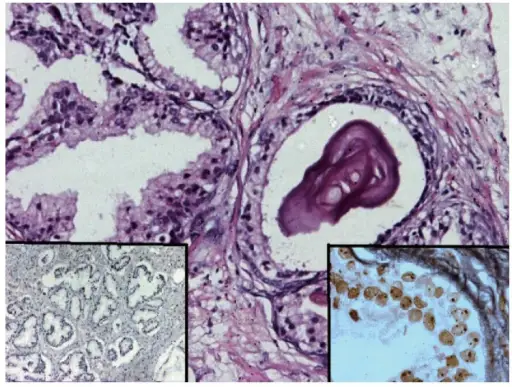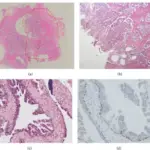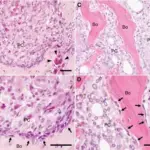Benign prostatic hyperplasia is an ailment of the prostate gland categorized by the propagation of the cellular essentials of the prostate, causing enlargement of the gland.
What is the Pathology of Benign Prostatic Hyperplasia?
The pathology of benign prostatic hyperplasia is:
-Etiology: The cause of benign prostatic hyperplasia is not fully established, though, factors such as endocrinologic, racial, inflammation, and arteriosclerosis are associated.
-Genes involved: Unknown.
-Pathogenesis: The sequence of events that lead to benign prostatic hyperplasia related to the action of androgens such as dihydrotestosterone (DHT).
-Morphology: The morphology associated with benign prostatic hyperplasia shows nodular, smooth, and firm nodules.
-Histology: The histology associated with benign prostatic hyperplasia shows hyperplasia of glandular, fibrous, and muscular in varying proportions.
How does Benign Prostatic Hyperplasia Present?
Patients with benign prostatic hyperplasia typically affects older males. The symptoms, features, and clinical findings associated with benign prostatic hyperplasia include urinary tract symptoms, and hematuria.
How is Benign Prostatic Hyperplasia Diagnosed?
Benign prostatic hyperplasia is diagnosed through laboratory studies, dipstick, renal function tests, urinalysis, and prostate-specific antigen (PSA) tests.
How is Benign Prostatic Hyperplasia Treated?
Benign prostatic hyperplasia is treated through medical care which may include alpha-blockers, 5-alpha-reductase Inhibitors, combination therapy, and anticholinergic agents. Some cases may benefit from surgical intervention such as a transurethral resection of the prostate.
What is the Prognosis of Benign Prostatic Hyperplasia?
The prognosis of benign prostatic hyperplasia is good.



